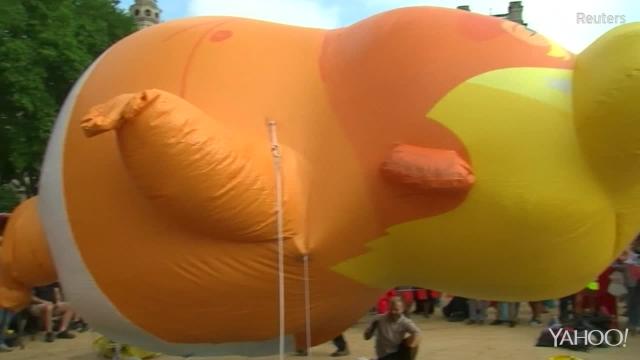North Korea
North Korea, China want to undo the Japan-South Korea Alliance that the US helped broker
\
With the world preoccupied by America’s raucous election, the U.K.’s vote to exit the E.U., and continued terrorism in Europe and the Middle East, North Korea fired a missile Wednesday more than 600 miles into Japanese waters, just 155 miles off its shores.
The launch defied a resolution approved in March by the United Nations, the fifth since 2006, that bars development of nuclear and ballistic missile technology and applies broad sanctions. In recent weeks, North Korea and China have been protesting plans by South Korea to deploy a missile defense system developed by the United States, and the missile launch may have been a reaction. But it seems much more.
North Korea and China have been deploying a strategy of undermining cooperation between the two largest democracies in the region, South Korea and Japan, which comprise the fulcrum for the Obama Administration’s “pivot to Asia.” Attacks on this alliance will almost certainly intensify as we approach Aug. 15, the 71st anniversary of the surrender of Japan, ending World War II.
In December, the United States played a key role in helping South Korea and Japan forge an agreement to end a dispute involving so-called “comfort women” that had been festering for decades. The Japanese government agreed to compensate Korean women who were used for sex by Japanese troops, and Prime Minister Shinzo Abe renewed an apology.
The agreement had far broader implications. It was a major step in ending the animosity between the two countries that had seriously infected economic and security relations. Between 2012 and 2014, for example, Japan-South Korea trade fell 17 percent, and tourism dropped sharply.
In headlines, the Guardian newspaper of Britain called the so-called comfort women deal “a triumph for Japan and the U.S.,” and The Washington Post concluded that it “offers strategic benefit to U.S. in Asia-Pacific.” President Obama intervened several times personally during the two years of negotiations, trying to bring Abe and South Korean President Park Geun-hye closer to together. He phoned to congratulate the two on the agreement, praising them for “having the courage and vision to forge a lasting settlement to this difficult issue.”
Also facilitating the agreement was Mark Lippert, the U.S. ambassador to South Korea, who was slashed in March 2015 by a knife-wielding attacker.
According to the BBC, the accused South Korean man, Kim Ki-jong, attacked the Japanese ambassador to South Korea in 2010 and later tried to erect a memorial altar in the heart of Seoul to the late North Korean dictator Kim Jong-il.
Obama brought Park and Abe together during a nuclear summit meeting at the residence of the U.S. Ambassador to The Hague in 2014. It was the first time the two Asian leaders had met despite being in office for more than a year. North Korea’s aggressive policies were the backdrop for the comfort women talks.
Abe and Park spoke within 24 hours of a North Korean nuclear test that occurred shortly after the comfort women agreement. That contact showed that working through the wartime claims deal had helped establish “a relationship of trust,” said a special adviser to Abe.
But trust and unity between South Korea and Japan, especially with U.S. encouragement, is precisely what the North Koreans oppose, and they continue to try to drive a wedge between the two nations. North Korea immediately attacked the December agreement and mobilized its allies.
The Association of Koreas in Japan for Peaceful Reunification, for example, issued a statement saying: “For South Korea, there is no more humiliating diplomacy than to reach such a deal with Japan.”
Now, more than seven months after the agreement was reached, the response to “an issue that the Korean media often treated as central to South Korean identity” seems to have “dropped out of the newspapers,” according to Robert Kelly, who teaches at Pusan University.
The truth is that the comfort women issue has been a favorite hot-button issue for politicians across Asia, but now that it’s been settled in South Korea and Japan, you can still expect North Korea and China to exploit it.
James K. Glassman served as U.S. Under Secretary of State for Public Diplomacy and Public Affairs (2008-09).










0 comments:
Post a Comment